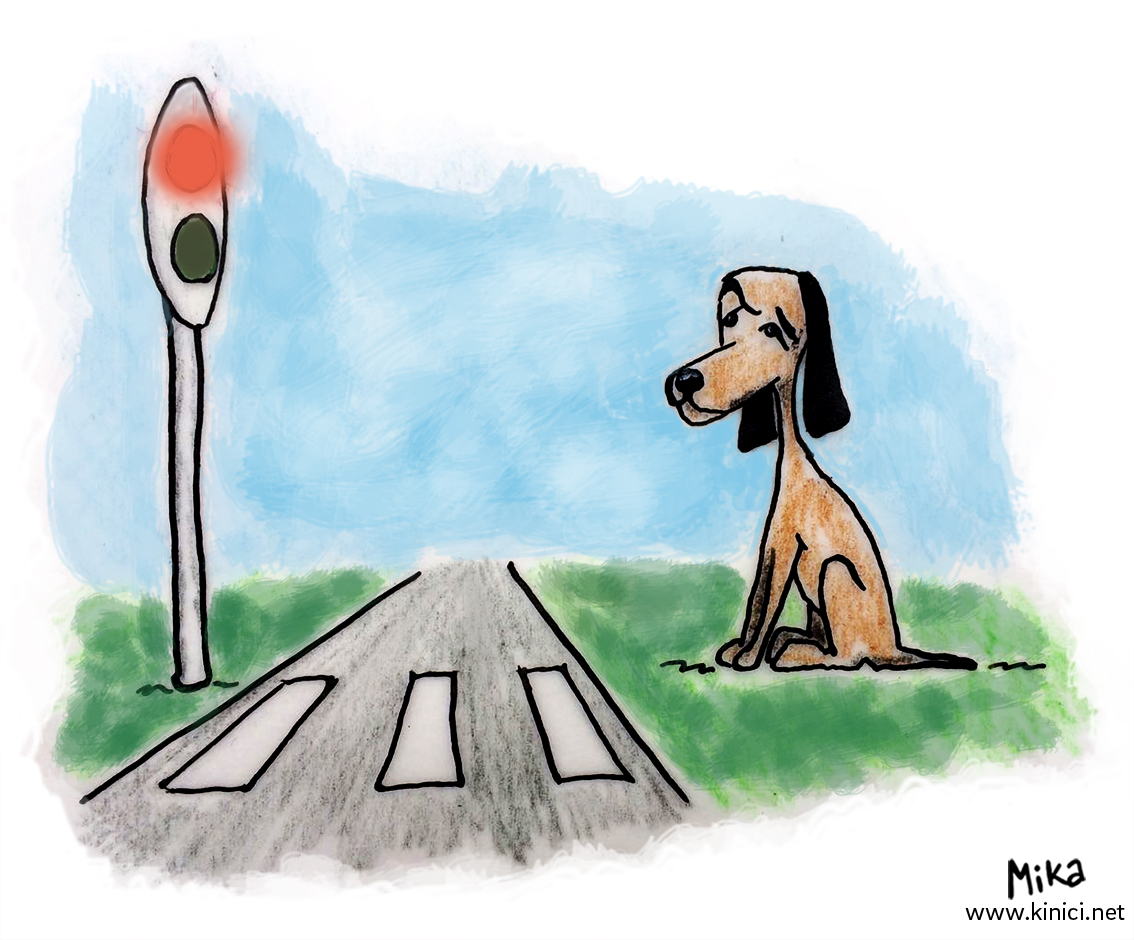 The term intelligence with humans, and throughout history, as well as today, is a very relative term. It is much easier to determine who is less intelligent than in comparison between two individuals. When it comes to animals, it is even harder. Many tests confirmed that what domestic dogs easily solve wolves get wrong try after try. Experience showed that even if they are severely trained it is almost impossible for them to understand a message from their master. Despite that, these wild canids are not considered one of the most intelligent animals for nothing. Their ability to overcome obstacles in wilderness is exceptional: they form a pack in order to survive, they create hierarchy to make the pack stronger, they are cautious in hunt to make sure every member stayed unharmed, they succeed in finding food and shelter in harsh conditions. But if you place a wolf in a city it will get overwhelmed with fear and will not know how to act.
The term intelligence with humans, and throughout history, as well as today, is a very relative term. It is much easier to determine who is less intelligent than in comparison between two individuals. When it comes to animals, it is even harder. Many tests confirmed that what domestic dogs easily solve wolves get wrong try after try. Experience showed that even if they are severely trained it is almost impossible for them to understand a message from their master. Despite that, these wild canids are not considered one of the most intelligent animals for nothing. Their ability to overcome obstacles in wilderness is exceptional: they form a pack in order to survive, they create hierarchy to make the pack stronger, they are cautious in hunt to make sure every member stayed unharmed, they succeed in finding food and shelter in harsh conditions. But if you place a wolf in a city it will get overwhelmed with fear and will not know how to act.
Intelligence of a dog will increase if exposed to different influences and stimulations from nature. Street dogs learn about traffic too. Those genes will pass on next generation. Many theoreticians compete in making a list of most intelligent dogs. The most common criteria is how fast they learn commands and solve problems with our instructions. So we have dogs that learn fast to report, while many dogs are not motivated for such task; there are breeds that very successfully gather sheep, while others do not comprehend the aim of doing so... This is why this approach alone to interpret intelligence of a dog is shallow because, very often, breeds that solve these tasks well are often behind in communication with other dogs or in ability to manage in wilderness without humans. The reason for this is human interference with mixing breeds with aim to create breeds that quickly learn what we want disregarding the nature of a dog.
